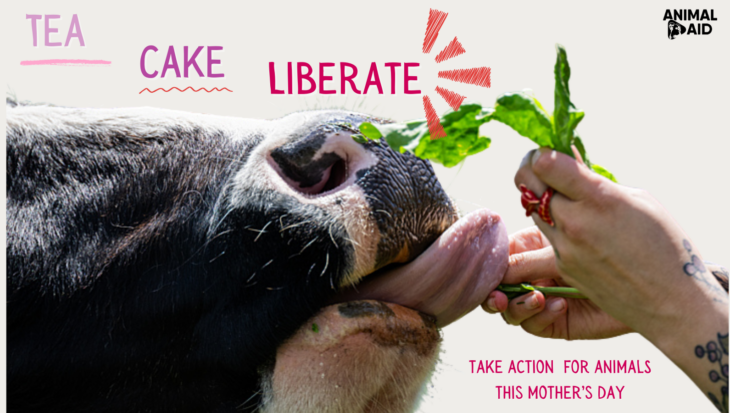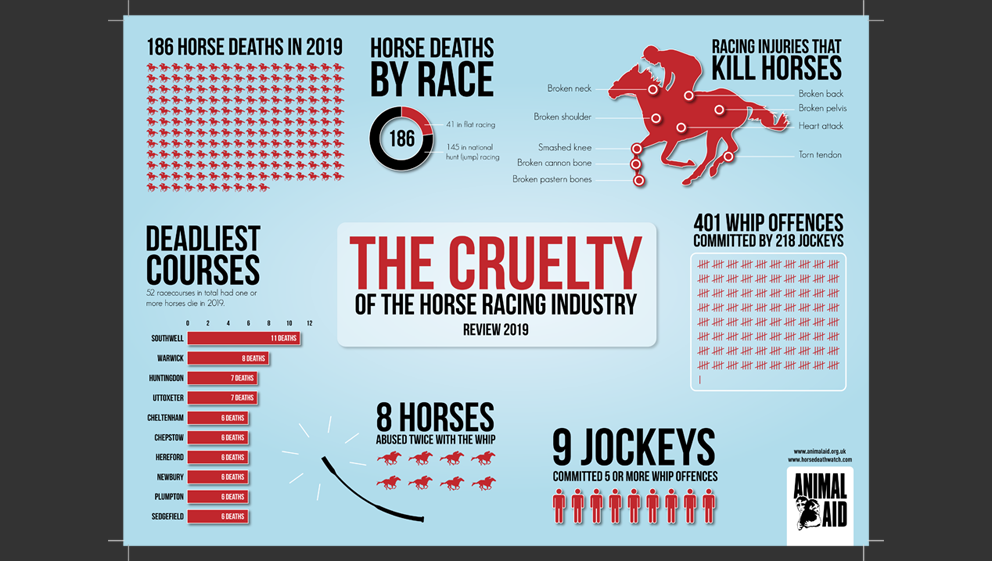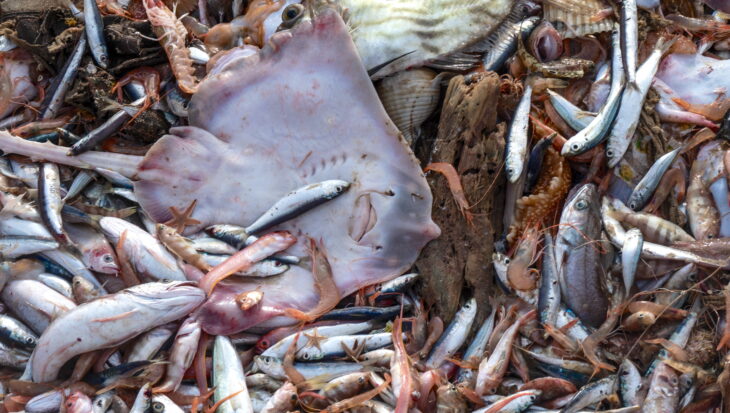Tea, Cake, Liberate for all the animal mums on Mother’s Day!
Discover the stories of the mothers trapped inside different animal industries, and how you can help stand up for them this Mother’s Day
Posted 27 Mar 2025

Posted on the 6th February 2020
Animal Aid’s detailed research into race horse deaths found that 186 horses died in 2019 as a direct result of racing. This alarming figure shows no sign of improvement in comparison to the fatality records over recent years.

The heart of the problem is that the racing industry controls its own welfare policy. This means that there is a conflict between a monetary profit-based enterprise culture where horses are seen as commodities to use for entertainment and gambling, against the cost of meaningful welfare reforms. The latter is losing out and this is reflected in the sheer volume of horse deaths that occurred throughout 2019, as in previous years. Even basic, easy-to-resolve welfare reforms have not taken place. Just one example is the use of the whip, which is often connected with horse deaths. The current regulator continues to fail the horses who race on British racecourses.
The 2019 figures make for grim reading1:
These figures could be broken down into minute detail of how and where horses were killed, but underlying all of this, is that horses were pushed to their physical and mental limits, going beyond their capabilities.
The economics behind racing add a further burden to the horses. Both the racecourses and the racing connections of the animals (owners, trainers, jockeys) depend upon profit. For example, racecourses go to extreme measures to ensure racing takes place when abandonment would be the common-sense option with regards to horse welfare. Added to a ‘win at all costs’ attitude for connections, young horses are often divested of a future life, dying prematurely.
In 2019 there was even a victim under the age of two – an inexperienced filly known as Anna Fallow, killed in her first race.
Racing’s self-appointed welfare regulator, the British Horseracing Authority (BHA), is so out of touch with events that their 2019 fatality figure could only account for 173 horses. Animal Aid openly challenges the BHA to explain its poor record of accountability. The discrepancy of figures shows racing’s inadequate data collection and analysis as well as its lack of transparency.
These figures must also be considered against the formation, in early 2019, of the Horse Welfare Board – a BHA initiative in response to political pressure2. With industry representatives dominating the Board, it is merely a halfway house to independent regulation.
Says Dene Stansall, Animal Aid’s Horse Racing Consultant:
‘Animal Aid believes that the only way to protect horses, whilst the racing industry exists, is to establish a truly independent horse welfare regulator, free from racing’s control – and we will continue to campaign for this.’
Discover the stories of the mothers trapped inside different animal industries, and how you can help stand up for them this Mother’s Day
Posted 27 Mar 2025

Join us this week on March 29th for the Ninth ‘World Day for the End of Fishing and Fish Farming’. Together, we’ll delve into the critical issues surrounding the catching and farming of fish, and...
Posted 25 Mar 2025
